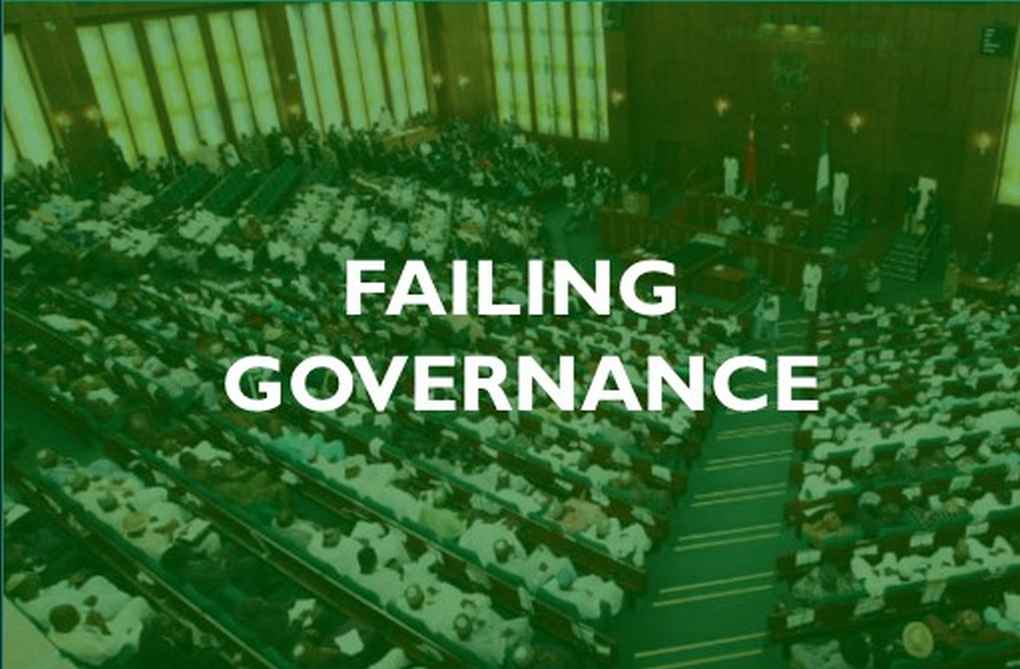Governance and political leadership in Nigeria have been driven by self-interest and other primordial considerations, which take priority over that of the public. The state has failed in three major areas: security of lives and properties, promotion of the rule of law, and provision of visionary leadership.
Political parties continue to be dominated by ex-military officers, who introduced the military command system into the processes of electioneering and governing structures. In many instances, candidates for electoral positions were handpicked; thus, internal party democracy became obsolete and rigging of elections were apparent. This led to the emergent of illegitimate leaders. The followership, who had vociferously fought for the enthronement of democracy, subsequently succumbed to the antics of the ruling elites. The citizens are divided into many layers: some benefited from the militarization of the electoral processes as more unemployed youths became engaged by party leadership as political thugs; many are able to offer their votes for sale; many became desperate to join the ruling elites because of the political rewards; while the majority of the masses prefer to display political apathy. Thus, electoral corruption has become the norm in Nigeria. Therefore, political party structure continues to produce deceptive candidates for political positions. The result is the lack of visionary leadership that fully understands the fundamentals of effective governance in Nigeria.
The nature and characters of the political leadership explains the Nigerian state incapacity for effective governance.

